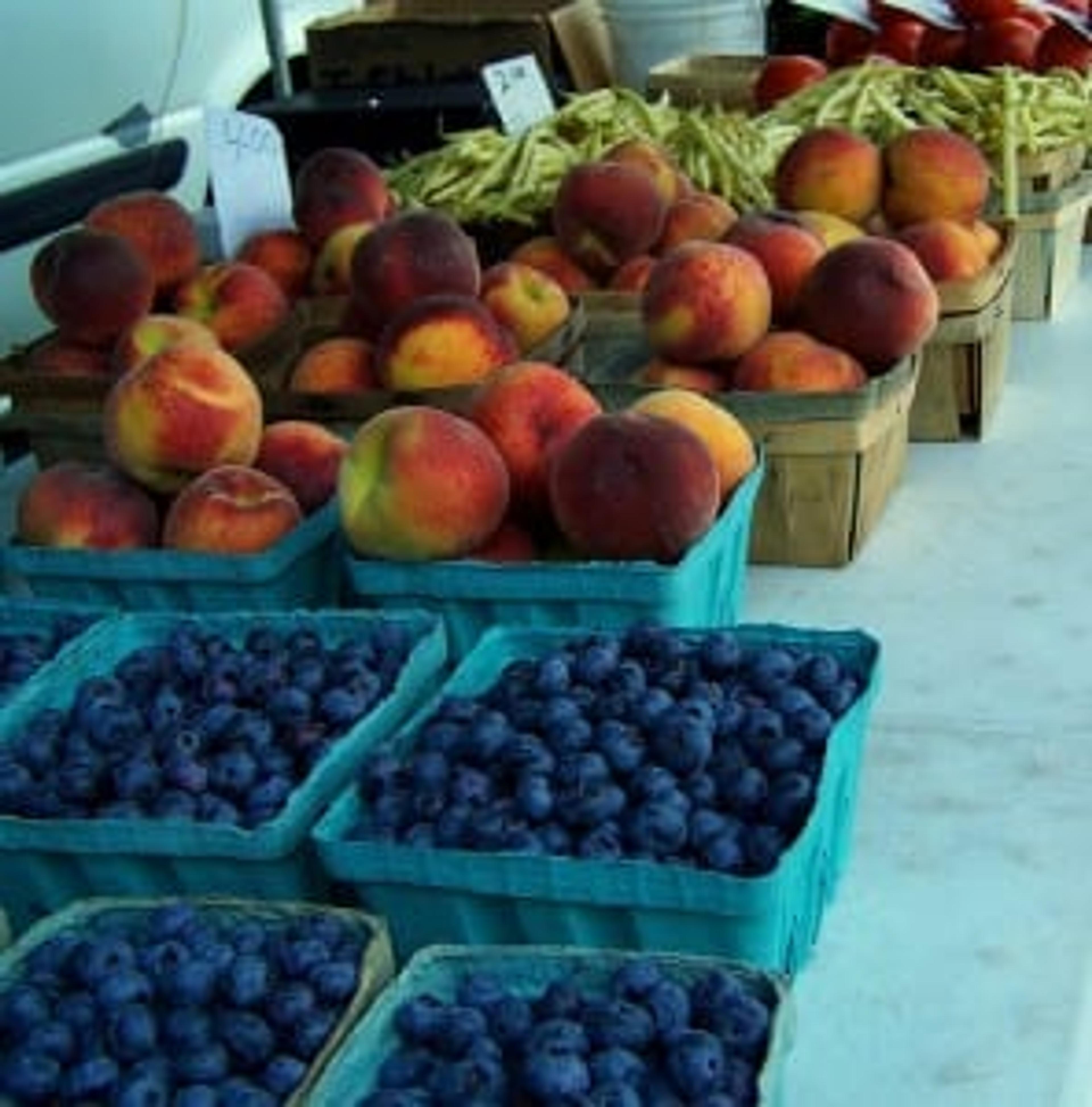Michigan farmers get help from the USDA

Kristin Coppens
| 2 min read

Farmers and their crops throughout the state of Michigan have experienced disastrous conditions and damage through the seasons this year. Between our summer-like weather in March and our drought conditions this summer, the atmosphere was next to impossible for the sustained growth of Michigan’s seasonal crops.
Farmers’ markets all over the state have shown smaller quantities, as well as less variety in their offered goods. The cherry crop of Northern Michigan was near non-existent for festivals and every day availability with approximately 75% in damaged product. In fact, in West Michigan, Motman’s Greenhouse and Orchards announced that it would be unable to open its doors this season due to their depleted crops. Some farms, like Robinette’s in West Michigan, have been purchasing partial crops from other farmers in the hopes of staying open and busy this fall.
In hopes of assisting the livelihoods of these Michigan farmers, the United States Department of Agriculture announced that a hefty sum of grants would be awarded across the nation to states, Michigan included, suffering from this year’s weather implications. Specifically, Michigan farmers (fruits, vegetables and specialty crop growers) are due to receive approximately $1.34 million in grants from the USDA. The grants themselves are aimed at strengthening the position farmers have in the marketplace, since 1 in 12 jobs in the United States resurrects from the agricultural industry.
Here’s a breakdown of some of the grants that Michigan will be receiving and where the funds are allocated:
-Approximately $127,000 to the Michigan Department of Agriculture for activities towards the Specialty Crop Block Grant program.
-Approximately $87,500 to help the Michigan Bean Commission.
-Approximately $75,000 to help competition of narrow row production towards dry beans.
-Approximately $33,000 in aid of specialty crop commodity groups for trade shows and the like.
-Approximately $11,000 towards assisting cherry farmers and education through the Cherry Marketing Institute.
-Approximately $45,500 towards inventory assistance for Michigan’s fruit growing industry.
-Approximately $53,000 to provide vegetable growers the essential management programs that limit diseases and depletions.
-Approximately $52,000 for the Michigan Nursery and Landscape Association for cutting costs of weed control by 30 percent.
Read the entire list of grants and allocated funds here.
What have markets in your city done to offset the low crop yields this year?
Photo credit: morgen1967





